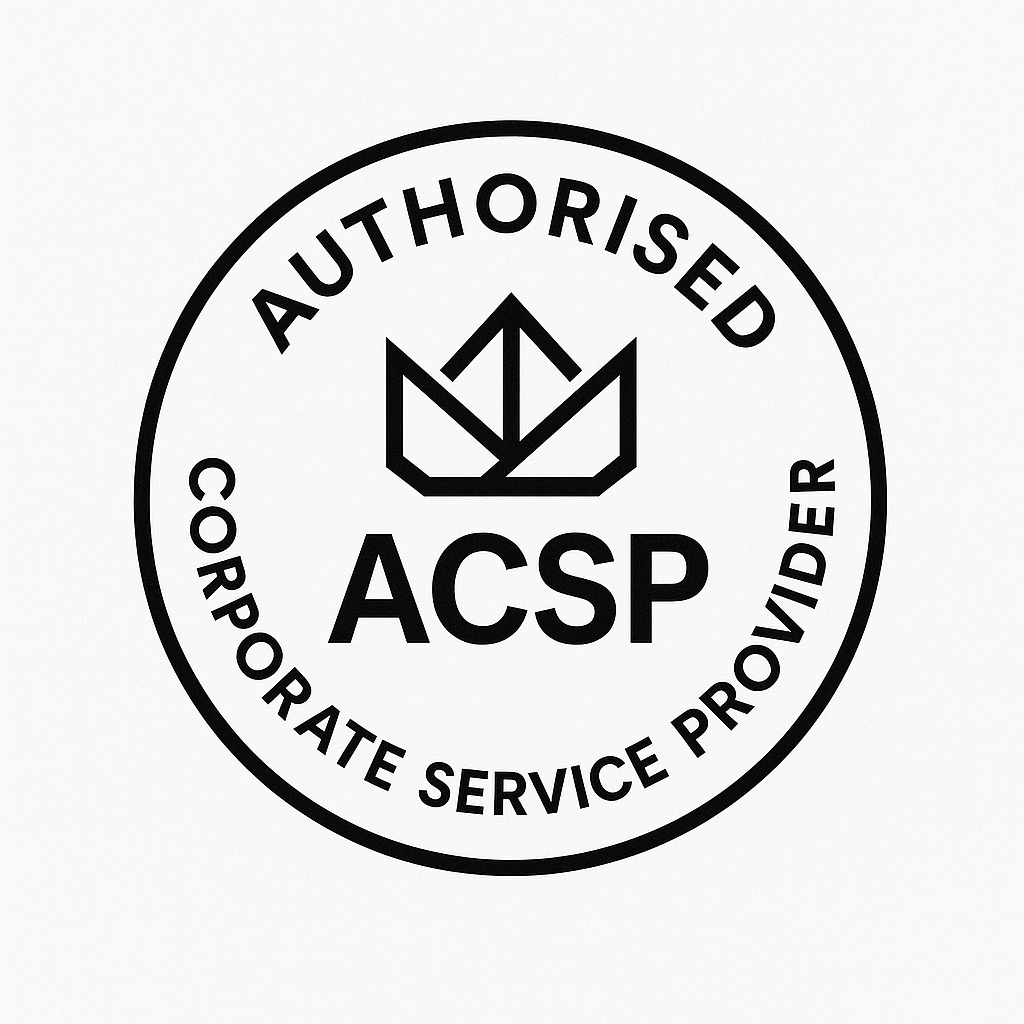
As a limited company director, it is crucial to understand that buying a car through your limited company is a complex decision that requires a lot of consideration.
Some of the things to consider include:
We have prepared this guide for when you intend to purchase a car via your limited company, as a contractor as well as a business owner.
You can get a car for your limited company using any of these three methods:
The way your limited company buys, or rents the car does not typically impact your ability to claim a refund on the associated VAT.
However, if you have already determined your eligibility to claim your input VAT, could impact the timing of when you can claim your input VAT. For example:
Like VAT, whether you purchase the car, hire purchase, or rent it, this does not impact the amount of tax and national insurance you pay.
If a company car is used for anything other than work travel, it can count as personal use. It is crucial to remember that commuting to and from your regular place of work is considered personal use.
Generally, you can only reclaim the VAT on a car if it is used exclusively for business and is not available for private use by yourself.
Where your company car is leased - unless there is exclusive business use, the company will only be able to recover 50% of the VAT charged on any lease payments.
It is worth bearing in mind that if your company car is available for private use - it results in a taxable Benefit in Kind (we talk about this later in the article).
When it comes to company cars, a Capital Allowances claim is the percentage of the car's cost claimable against your taxable profit -each year. Buying a car via your limited company makes it a business fixed asset, you need to obtain tax relief via capital allowances on its purchase value to reduce the taxable profit in your tax return.
However, it is worth bearing in mind that the capital allowances for cars are determined by their CO2 emissions - the higher the emissions, the less tax relief you can claim.
Capital Allowances claims fall into the following bands:
| Capital allowances on cars | 2020/21 |
| Type | Rate |
| First-year allowances (FYA) for new and unused cars, CO2 emissions are 50g/km or less (or car is electric) | 100% |
| Writing down allowances (WDA) if CO2 emissions are between 50g/km and 110g/km | 18% |
| WDA (secondhand vehicles) if CO2 emissions are less than 110g/km | 18% |
| WDA if CO2 Emissions exceed 110g/km | 6% |
If the company only leases the car, then the CO2 emissions will determine the proportion of claimable rental payments. The higher the CO2 emissions, the lower the claimable proportion.
If you buy a vehicle through the business - there might be a balancing charge that will increase your tax bill when you sell it. This is more likely for a commercial vehicle - where the complete value of capital allowances has been claimed.
For accounting purposes - the asset is written off each year - based on its estimated useful life. For example, if you buy an asset that will last five years for £50,000, then a charge of £10,000 will be made each year in the accounts.
The claimable VAT from the purchase of a car - is restricted by these two conditions:
As a result, for a car to pass the above test, it should be:
However, it is important to note:
When you buy a vehicle through your limited company - it belongs to the company as a "company" vehicle. Therefore, as a director or employee when you use the company vehicle for non-business purposes - this is classed as a Benefit in Kind - which is liable for tax and class 1A national insurance contributions.
The amount of benefit for a car varies depending on the make, model, age, fuel type and level of CO2 emissions.
The deemed benefit of private use of your company car is calculated by - multiplying the list price of the car by the CO2 emissions percentage of the car. The list price should include any accessories fitted before the car was first made available and any accessories equipped later (that cost more than £100).
The result of this calculation is then multiplied by the class 1a NIC rate of 13.8%.
NOTE: A genuine pool car, fulfilling similar conditions to those for VAT - does not cause a Benefit in Kind for the employees using it.
It is crucial to bear in mind that:
Feel free to contact us for further support and guidance on buying a car via your limited company.




